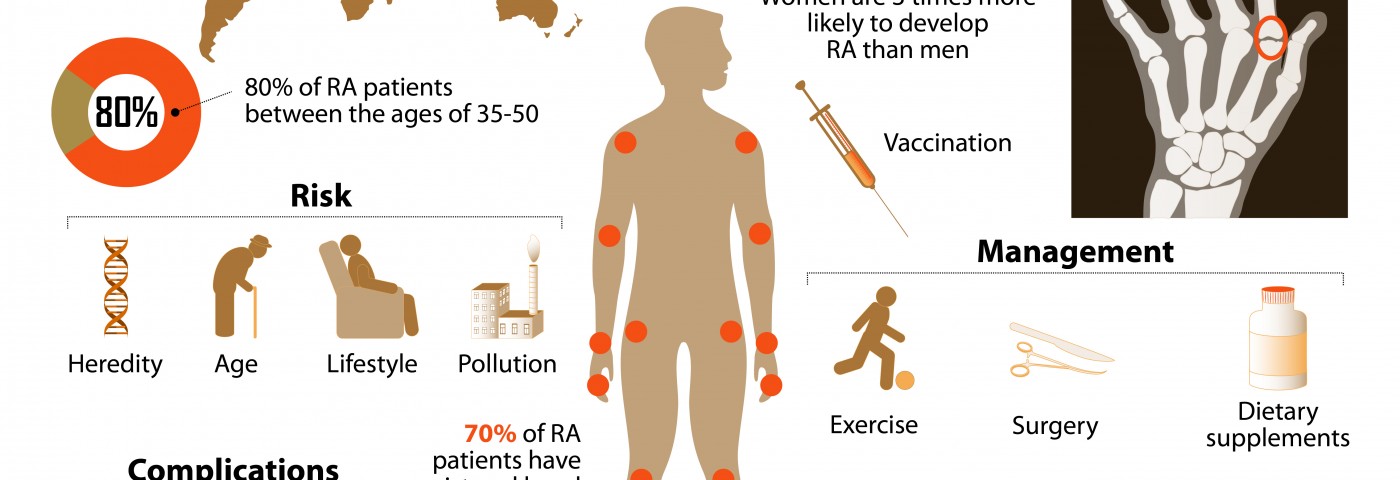A Swedish nationwide study in women with rheumatoid arthritis (RA) found an elevated risk for cervical dysplasia in those treated with tumor necrosis factor (TNF) inhibitors, a common RA therapy. The study, “Do RA or TNF inhibitors increase the risk of cervical neoplasia or of recurrence of previous neoplasia? A nationwide study from Sweden,” was published in the Annals of the Rheumatic Disease journal.
TNF is a proinflammatory cytokine that plays a pivotal role in regulating the inflammatory response in RA, and TNF inhibitors are often prescribed to RA patients. However, recent reports highlight a potential increased risk of patients treated with TNF inhibitors having lower immune defenses against viral infections.
Karolinska Institute researchers investigated whether treatment with TNF inhibitors increased the risk of virus-associated cancers, such as cervical cancer. They conducted a nationwide register-based cohort study, and compared the incidence of cervical cancer across three large and population-based cohorts: a group of biologics-naive women with RA starting a treatment with TNF inhibitors (9,629 patients), biologics-naive women with RA (34,984 patients), and a third group composed of the general population (300,331 women). Participants were followed from 1999 to 2012.
Researchers found that biologic-naive women with RA had more screenings and exhibited an increased risk for severe cervical dysplasia (specifically, Cervical Intra-epithelial Neoplasia level 1, CIN 1) when compared to the general Swedish population. No significant difference was found, however, for invasive cervical cancer between these groups. Patients who initiated therapy with TNF inhibitors had a similar screening score for CIN 1, but were at increased risk of CIN 2–3 and invasive cervical cancer (in comparison to biologics-naive women with RA).
These results reveal that women with RA have a higher risk for precancerous cervical dysplasia, and the increase in those treated with TNF inhibitors is even higher. However, the cause for this phenotype and its relation to TNF inhibitor therapy still remains unclear.


